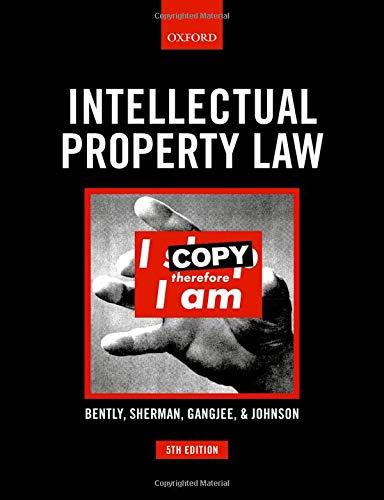You have a client named Takem's Appliances and Electronics, LLC, owned and operated by Tommy Takem. Takem's is located in a rural area of Southwest
You have a client named Takem's Appliances and Electronics, LLC, owned and operated by Tommy Takem. Takem's is located in a rural area of Southwest Virginia, and the majority of its customers are poorer residents of the Appalachian regions of Virginia, Tennessee, Kentucky, and West Virginia. Since his business is located in a rural area where there is little competition, Tommy tends to charge about 10-20% more than most other retail outlets.
Tommy recently came up with an idea for expanding his business. He decided to begin selling his appliances and electronics door-to-door in the above described regions. Until recently, it had been working great. He hired some great salespeople who really know how to "apply the pressure and turn up the heat." Further, since he is providing a service to these folks by bringing the goods to their homes, he charges about 30% more than he would if the customers came to the store. Obviously, the salespeople do not mention this fact to the customers.
Further, since many of the customers are poor, relatively uneducated and unsophisticated, and have poor credit, the vast majority of the sales are financed by Takem's. The salespeople get the customers to sign a bill of sale, a security agreement, and a negotiable promissory note. When these documents are processed back at the office, the clerk then files a financing statement covering the goods sold to the customer in the appropriate state office. For this, Takem's charges a 15% application fee and the maximum rate of interest allowed by law. The default rate is high, but through a combination of collections, repossessions, fees and charges, higher prices, and markups, etc., Takem's is doing very well.
Recently, Tommy received a letter from a disgruntled customer named Sally Walker (an elderly widow lady who lives alone in the hills of Southwest Virginiaher children and grandchildren have all moved out of the area.) She has fallen behind on her payments on her new laptop computer, and Tommy had started collection efforts. He had not yet referred it to a lawyer. The letter is very well written (which would be unexpected since Sally is not very well educated.) It indicates that her granddaughter, who recently graduated with an MS in Accounting from Liberty University Online helped her with it. It argues that the entire deal is unconscionable and therefore unenforceable. Further, it asserts that Sally has paid enough for the computer and will not be paying any more. Finally, it threatens to sue for punitive damages and write letters to the editors of various local papers throughout the region if Takem's pushes the matter further.
Tommy is very upset. He wants to know whether the argument in the letter has any merit. Should he take the threats in the letter seriously or should he just proceed with collections? In other words, is his business model legal? Further, he wants to know what he could do to protect himself in the future. Would setting up a financing company that he also owns and selling the notes to the financing company such that the financing company becomes a holder in due course help? Finally, he wants to know what you think about his business modelregardless of whether you conclude that it is legal, is it moral/ethical?
Step by Step Solution
There are 3 Steps involved in it
Step: 1
Lets dissect Tommys business model and the issues raised by Sally Walkers letter Business Model Analysis Tommys business model comprises several elements 1 Higher Pricing Tommy charges 1020 more than ...
See step-by-step solutions with expert insights and AI powered tools for academic success
Step: 2

Step: 3

Ace Your Homework with AI
Get the answers you need in no time with our AI-driven, step-by-step assistance
Get Started


